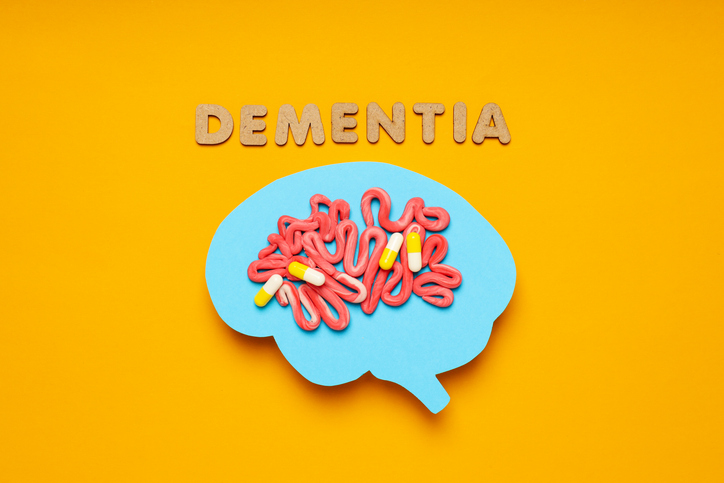
A 5-minute assessment developed by researchers at Albert Einstein College of Medicine and Montefiore Health System was found to improve the diagnosis of mild cognitive impairment and dementia, according to a study published in Nature Medicine.
“Dementia is often undiagnosed in primary care—and even when diagnosed, it often goes untreated,” said senior author Joe Verghese, MBBS, in a press release. “Until now, most approaches to detecting cognitive impairment take a long time, are expensive, and require a neurologist. And since existing tests were developed in White populations, they don’t account for cultural differences.”
The research team sought to develop this diagnostic tool—the “5-Cog paradigm”—to address inadequacies with current dementia testing. The assessment involves a picture-based screening test for memory impairment, picture-based symbol match, as well as confirmation of cognitive complaints from the patient. The assessment includes recommendations to guide primary care physicians (PCPs) on next steps according to results, including specialist referral.
To test this tool, 1201 participants with cognitive concerns were enrolled; 599 patients were assigned to complete the 5-Cog assessment and 602 patients were assigned to a control group. Nine patients withdrew from the study, leaving 592 patients in the intervention group and 600 in the control group. Most (94%) participants were Black and/or Hispanic/Latino. All participants resided in socioeconomically disadvantaged neighborhoods. Patients were followed for 90 days following assessment.
During the follow-up period, patients in the 5-Cog arm were 3 times more likely than those in the control group to receive improved “dementia care actions,” including diagnosis of mild cognitive impairment or dementia, referral to specialists, and prescription of medications. The odds ratio (OR) for diagnosis of mild cognitive impairment or dementia in the 5-Cog arm was 6.5 compared with the control group, and the OR for specialist referral for cognitive indications was 2.4.
“PCPs used the 5-Cog paradigm to aid decision-making but seemed to rely on their own clinical judgment, not initiating actions in most patients with abnormal results,” the authors noted. “There was a much lower rate of dementia care actions in test-negative 5-Cog and control patients.”
“We’re hopeful that the findings from this study could promote changes in primary care practice so that more older people with mild cognitive impairment or dementia will benefit from getting diagnosed and treated for their conditions,” Dr. Verghese said.







 © 2025 Mashup Media, LLC, a Formedics Property. All Rights Reserved.
© 2025 Mashup Media, LLC, a Formedics Property. All Rights Reserved.